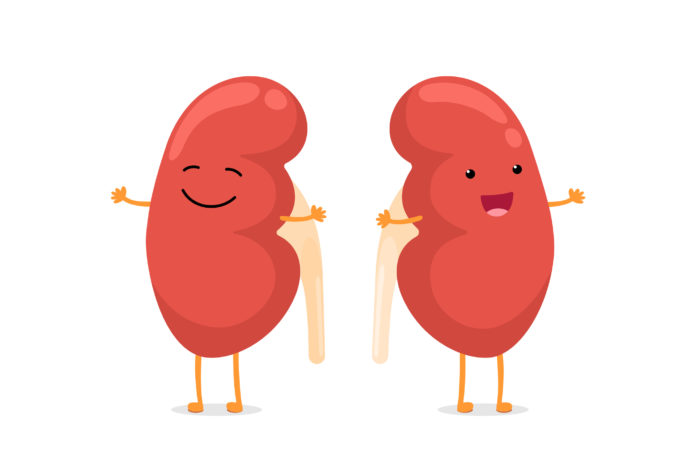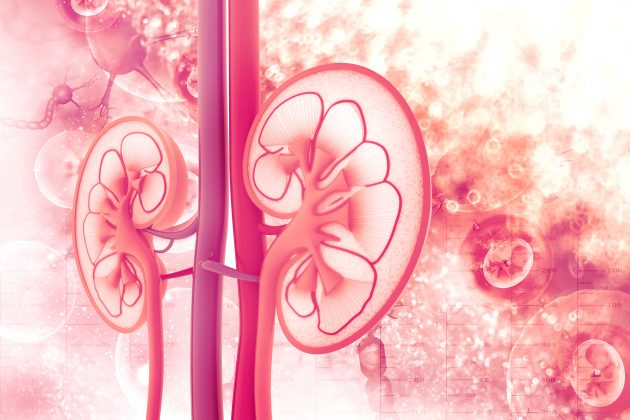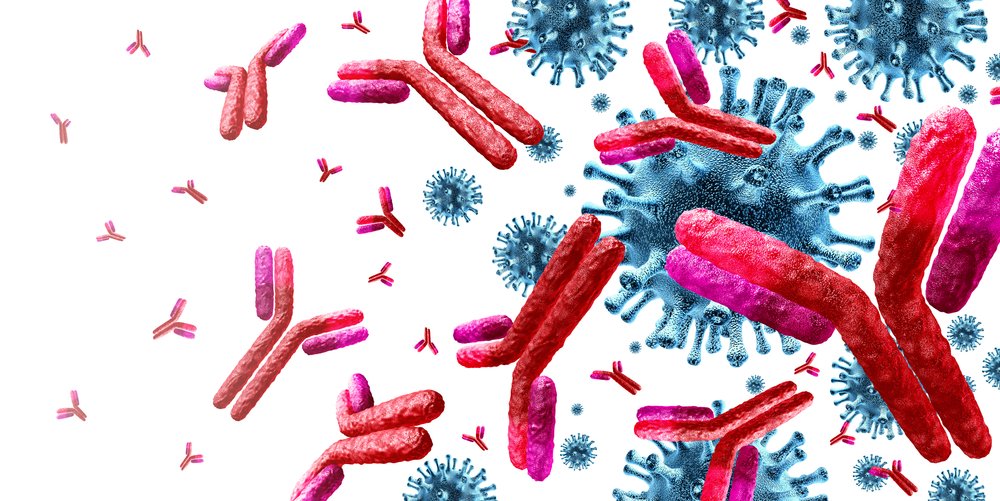Children with end-stage organ failure require intensive management and education to enable allograft function and improve their quality of life. Children in that patient population are frequently behind their peers in many important areas. Sara Kennedy, BSN, RN, CNNe, and Cindy Richards, BSN, RN, CNN, created a camp for children with late-stage organ failure to enhance their emotional, physical, and psychological well-being. The camps were described at the 2020 ANNA National Symposium in a session titled The Benefits of a Specialty Camp for Children with End-Stage Organ Failure.
The program provides four camps for children who have received a solid organ transplant and their families: one is for children ages 12 to 18 years; one is for recipients and their immediate families; one is for young adults 18 to 25 years of age; and the fourth is a 1-day camp run during the winter school holiday to maintain the momentum begun at the summer sessions.
Camp activities include fun projects, coping skills, peer support, financial education, vocational rehabilitation, career counseling, psychological counseling sessions, educational sessions on nutrition and pharmaceutical needs, fitness, and the effects of chronic illness on quality of life. Each event involves a transplant coordinator, physician, registered nurses, social workers, counselors, child life therapists, nutritionists, and other volunteers. The camps are offered to all attendees at no cost.
The first camp in 1994 had five campers; camps now host up to 200 campers and family members each session. Campers and families have formed lasting friendships, and knowledge gained at the educational sessions has increased quality of life for many attendees. Campers have gone on to college, often using scholarship awards, and often return to serve as counselors and role models to the younger campers.
The authors said, “By offering additional educational experiences away from the hospital, we are able to enhance the quality of life of children who have received a solid organ transplant, and help them learn additional ways to assist in improving their outcomes, minimizing illnesses, and helping them to become independent successful young adults.”
Source: Kennedy S, Richards C. The benefits of a specialty camp for children with end-stage solid organ failure. Abstract of a presentation at the virtual 2020 American Nephrology Nurses Association National Symposium, August 29-31, 2020.
Credit: Original article published here.










